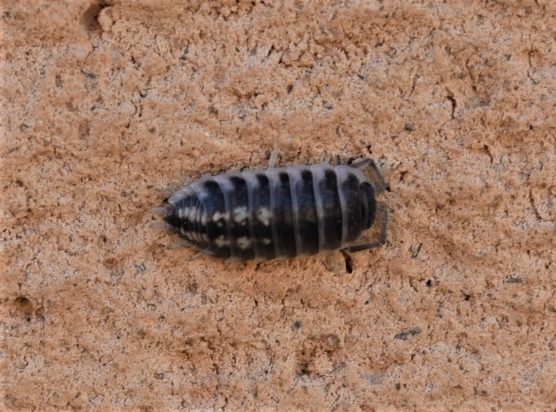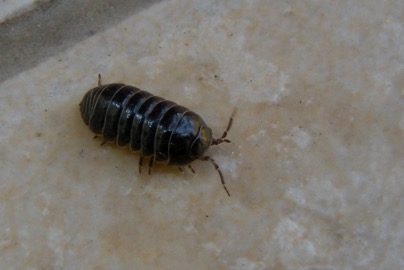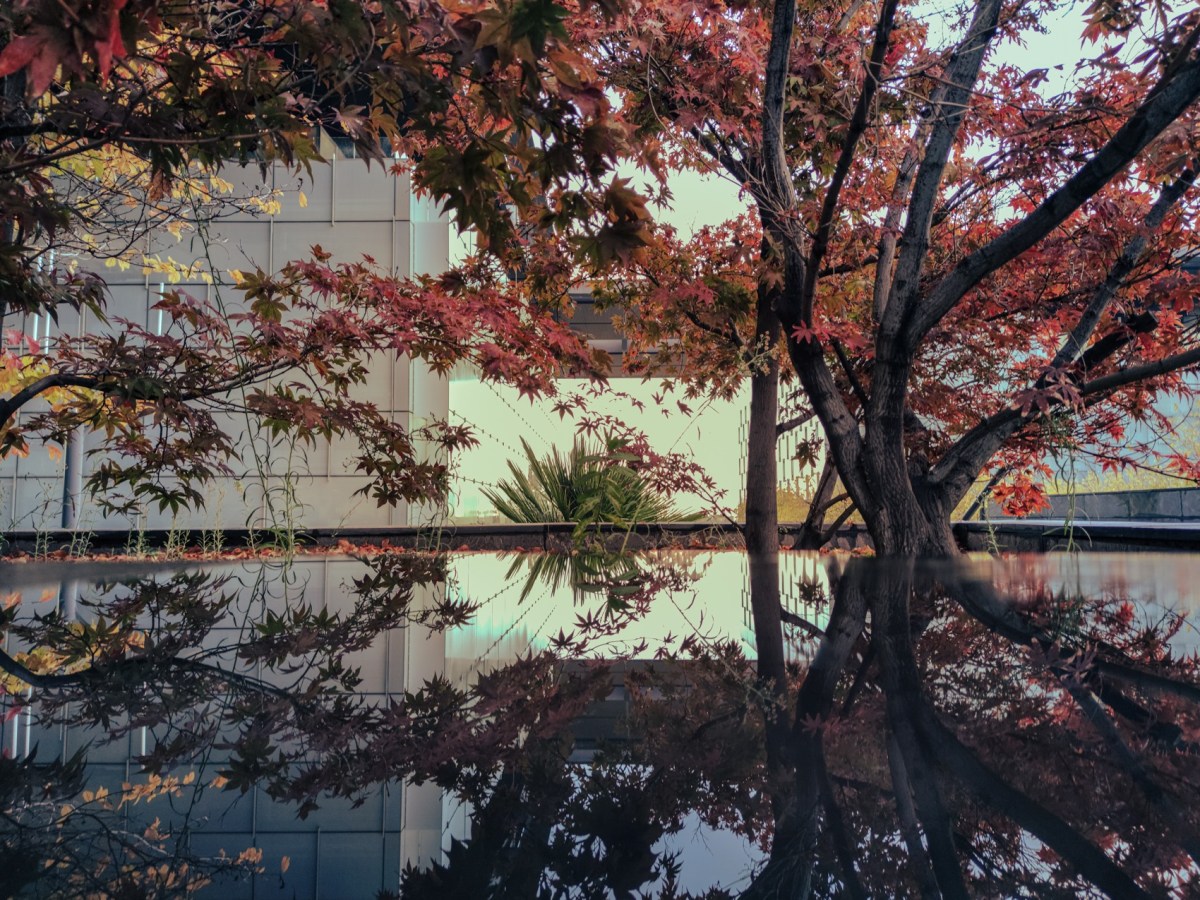More than 50,000 species of crustaceans are known and there are still many more to be discovered. They vary greatly in size and shape, as they have had more than 500 million years to evolve and conquer ecological niches, mainly in the aquatic environment.
They range from the jumping water fleas we see on beaches to the famous and expensive species found in seafood restaurants: lobsters, spider crabs, lobsters and the more affordable prawns. As far as I know, there are none of these species in the Telefónica District.
Those that do abound (although they are difficult to see) are the funny little ‘bichitos bola’ and the so-called ‘cochinillas de la humedad’ (damp woodlice). These animals belong to the order Isopods, from the Greek -iso meaning ‘equal’ and -podo ‘feet’: ‘equal feet’.
They can be seen in every garden, which is a success, as isopods are the only ones of all crustaceans to have colonised the terrestrial environment.
They have a flattened body divided into segments. Each segment has a single pair of legs and a pair of appendages at the end of the abdomen.
They are difficult to find as they are usually found in damp areas, under leaf litter or under stones. I have seen them near the side of one of the pipes next to the pond and next to a tree in the northern area.
The most common species
The two most common and abundant species:
Ball bug Armadillium vulgare 10-12 mm long.

Porcellio scaber mealybug 17-18mm in length








